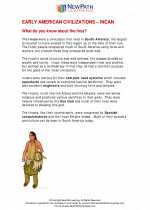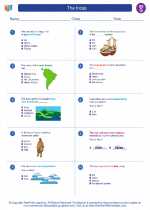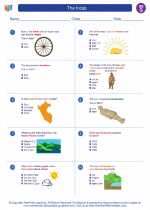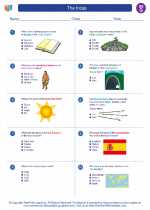Urbanization
Urbanization refers to the process by which an increasing proportion of a population lives in cities and towns rather than in rural areas. This phenomenon is closely linked to industrialization and the growth of urban centers as hubs of economic, social, and cultural activity.
Urbanization has been a defining feature of human civilization, with major shifts occurring during the industrial revolution and continuing into the present day. As people move from rural areas to urban centers, it leads to the expansion and development of cities, changes in land use patterns, and the emergence of new social and economic dynamics.
Causes of Urbanization
The primary drivers of urbanization include industrialization, technological advancements, economic opportunities in urban areas, and the promise of a higher standard of living. Factors such as rural-urban migration, natural population growth, and government policies also contribute to the process of urbanization.
Effects of Urbanization
Urbanization has far-reaching impacts on societies and the environment. It leads to the concentration of resources and infrastructure in urban areas, the development of diverse cultural landscapes, and the emergence of complex social structures. However, it also brings challenges such as overcrowding, increased pollution, and strains on urban services and infrastructure.
Study Guide
- Define urbanization and explain its significance in human history.
- Discuss the factors that contribute to urbanization, including industrialization, technological advancements, and government policies.
- Examine the impacts of urbanization on societies, economies, and the environment.
- Analyze the challenges and opportunities associated with urbanization, including issues of sustainability, social inequality, and urban planning.
- Compare and contrast urban and rural lifestyles, identifying key differences in terms of livelihoods, social interactions, and access to resources.
Understanding urbanization is essential for comprehending the dynamics of modern societies and the complex interplay between urban and rural environments. It provides insights into the challenges and opportunities presented by rapid urban growth and the need for sustainable urban development.
[Urbanization] Related Worksheets and Study Guides:
.◂Social Studies Worksheets and Study Guides Seventh Grade. The Incas

 Worksheet/Answer key
Worksheet/Answer key
 Worksheet/Answer key
Worksheet/Answer key
 Worksheet/Answer key
Worksheet/Answer key
